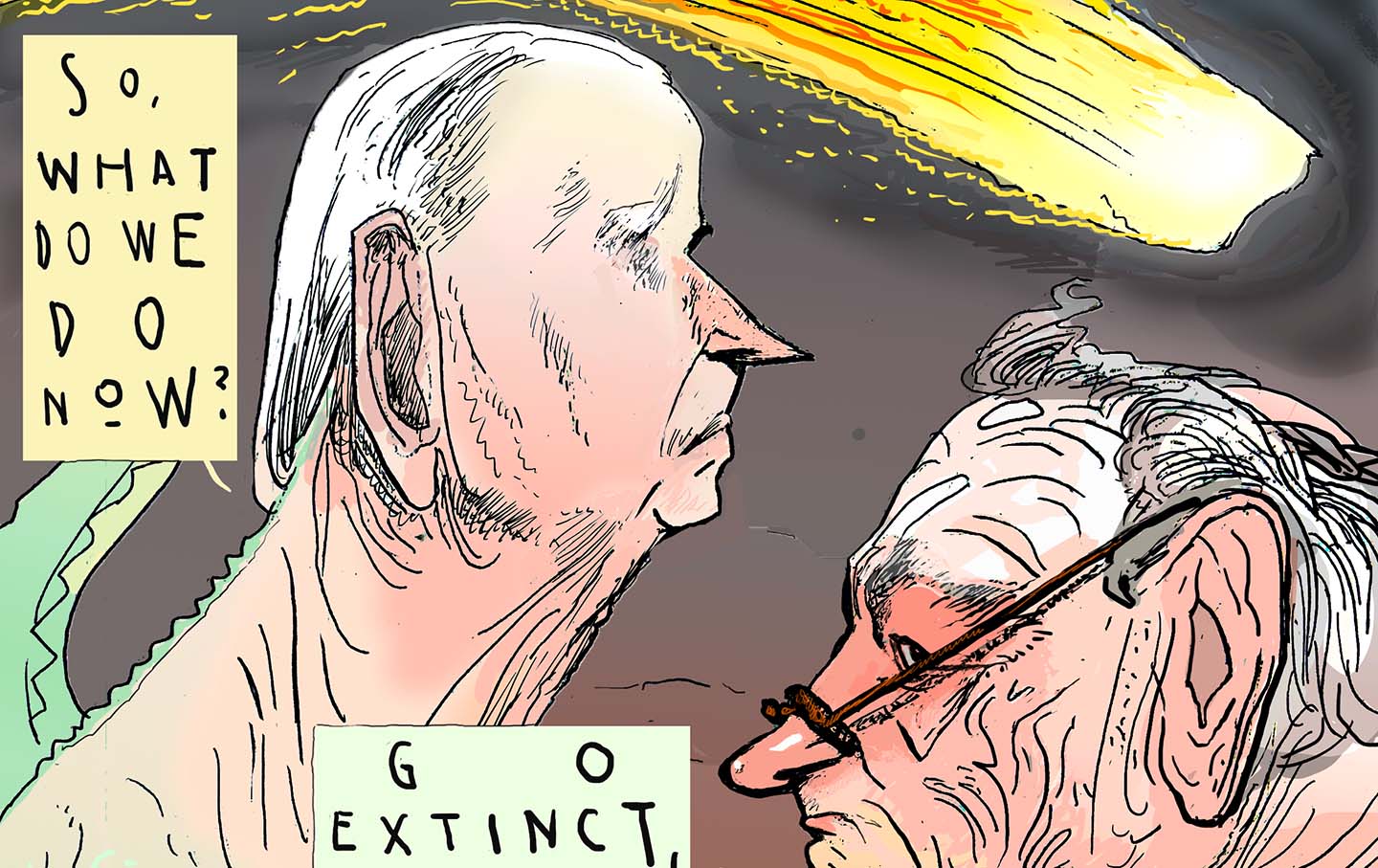
Blue States Will Not Be Safe in Our Corrupt, Clownish, Authoritarian Future Blue States Will Not Be Safe in Our Corrupt, Clownish, Authoritarian Future
The Trump administration will seek vengeance against any state that tries to resist the spread of crony capitalism.
Dec 3, 2024 / Column / Sasha Abramsky

A State Crackdown in Pakistan Threatens Continuing Unrest A State Crackdown in Pakistan Threatens Continuing Unrest
Protesters in support of Imran Khan’s PTI party were met with obstruction and violence, leading to mounting public outrage.
Dec 2, 2024 / Hasan Ali
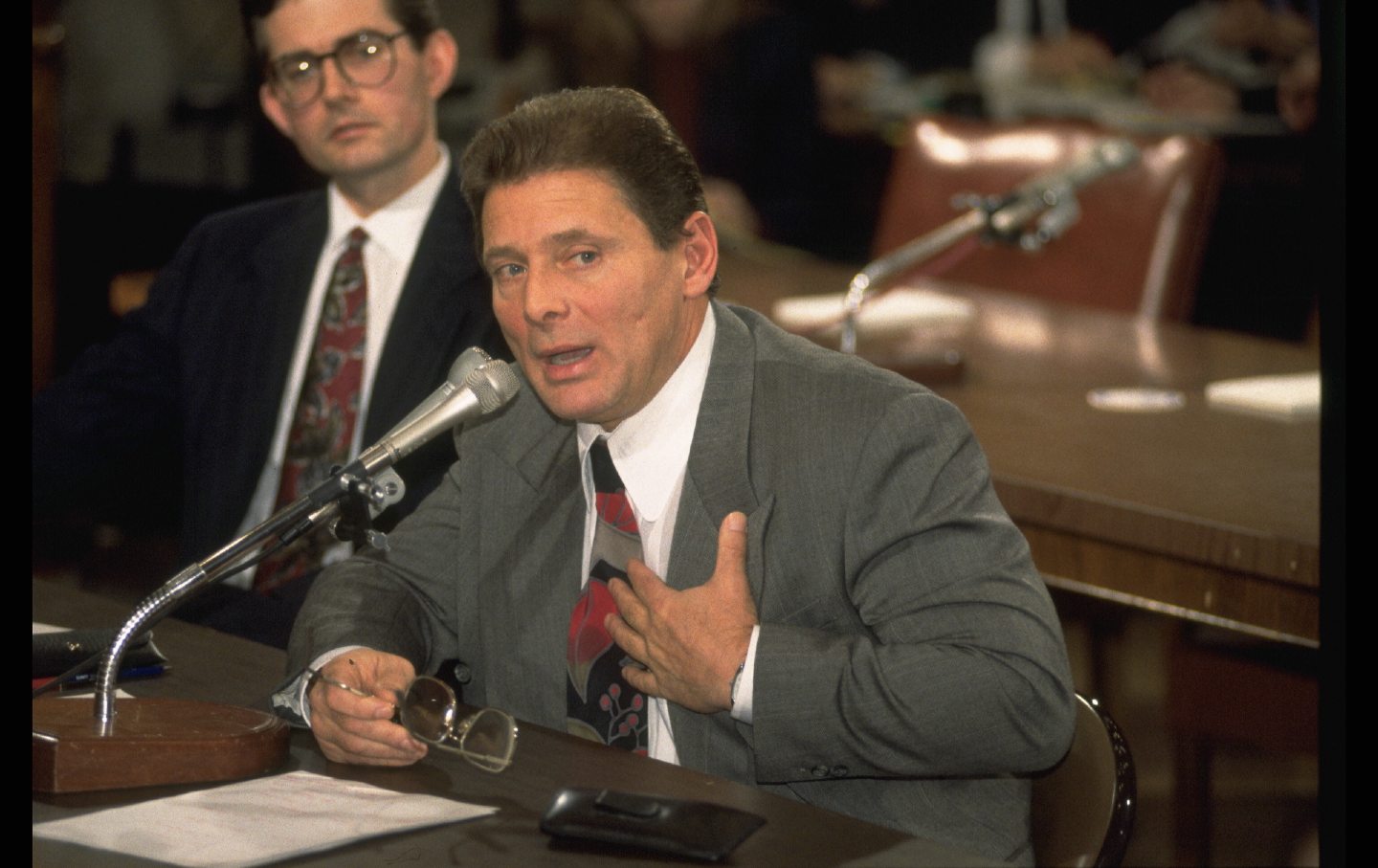
Donald Trump’s Government of Gangsters Donald Trump’s Government of Gangsters
Who is being naïve now?
Dec 2, 2024 / Jeet Heer
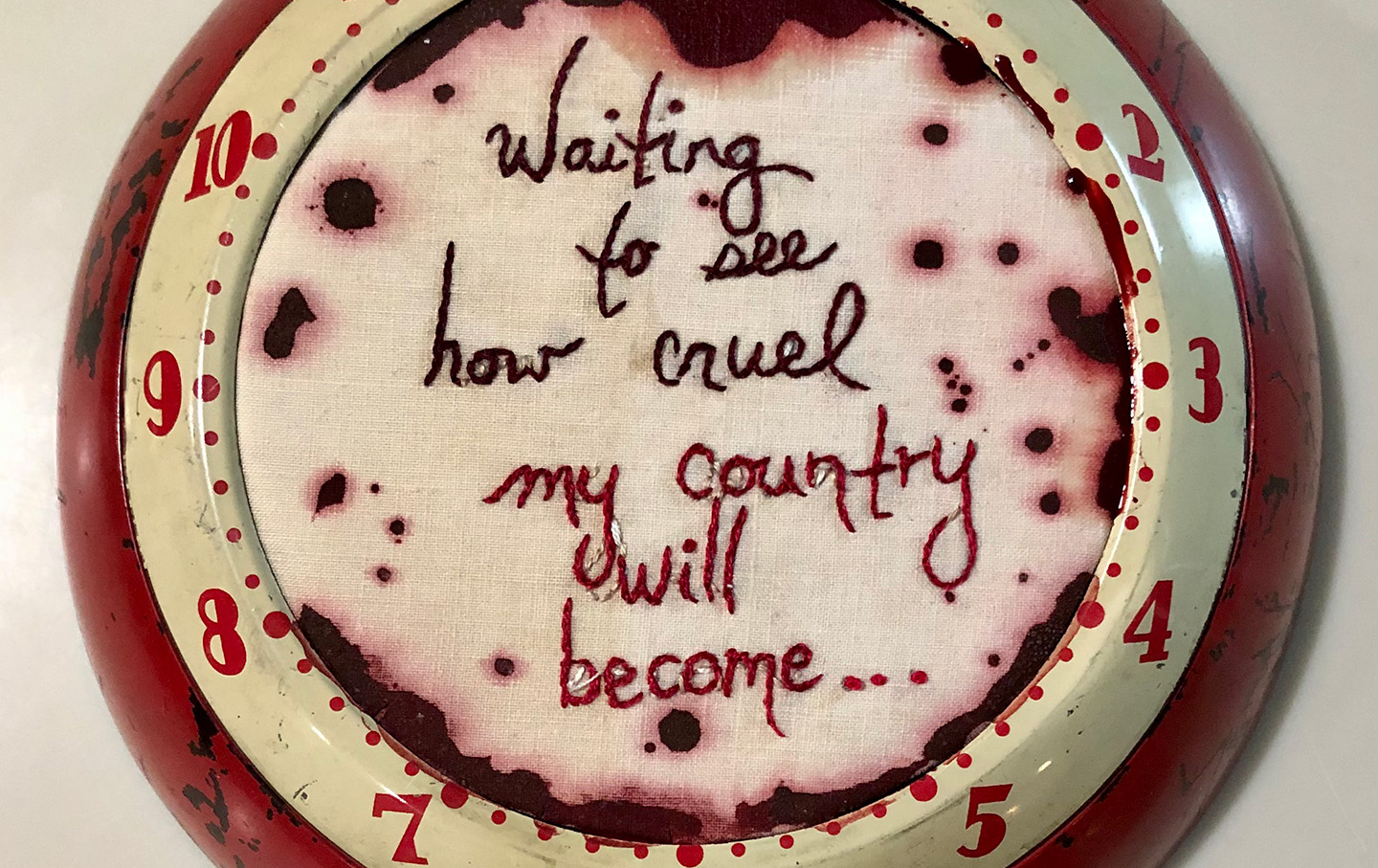
The Clock Is Ticking The Clock Is Ticking
For a cruel new America.
Dec 2, 2024 / OppArt / Judy Polstra
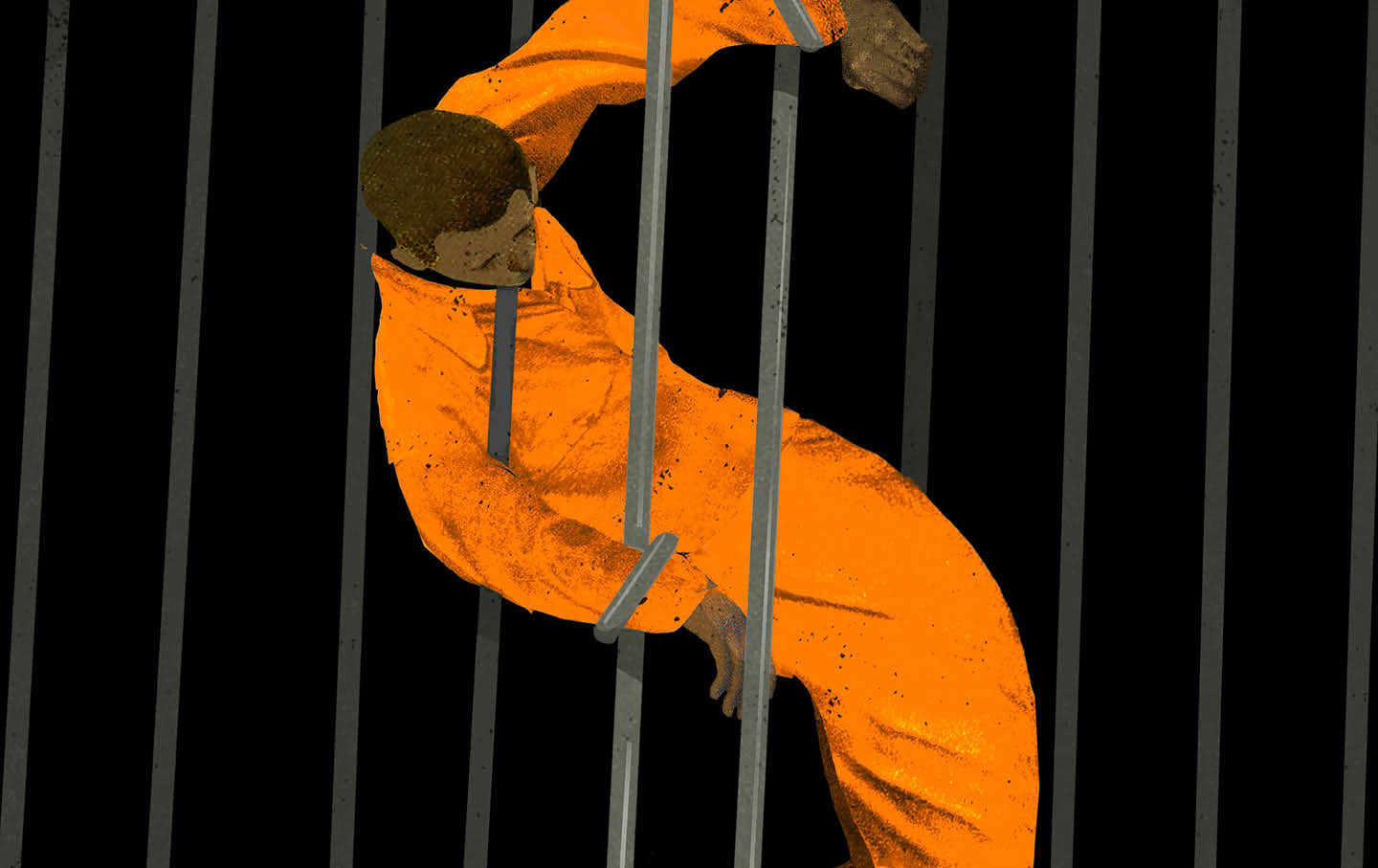
Illinois Has Put an End to the Injustice of Cash Bail Illinois Has Put an End to the Injustice of Cash Bail
Amid a national backlash against criminal justice reform, Illinois has achieved something extraordinary. It’s working better than anyone expected.
Dec 2, 2024 / Feature / Bryce Covert
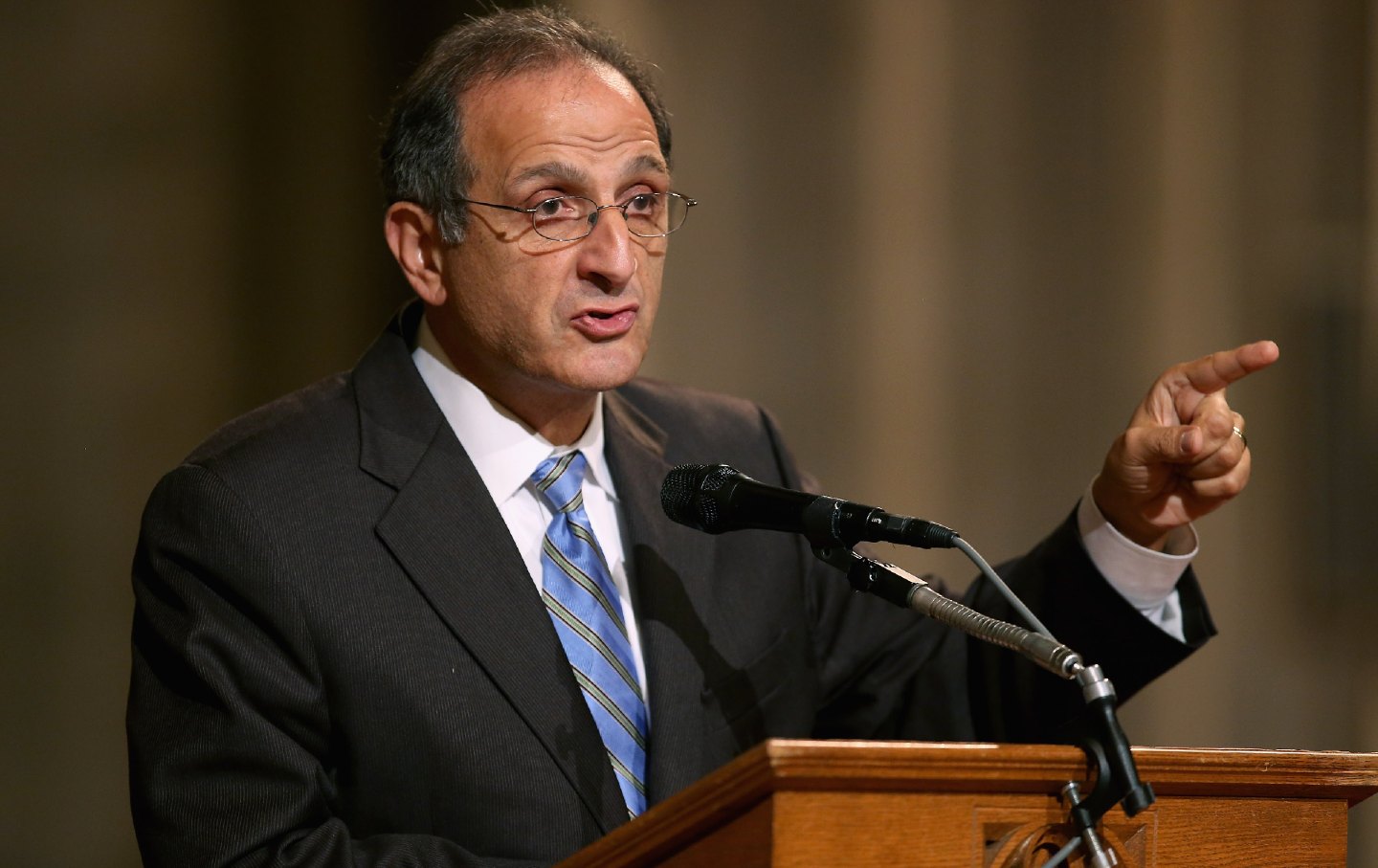
Why I’m Running for Vice-Chair of the Democratic National Committee Why I’m Running for Vice-Chair of the Democratic National Committee
Party building begins from the bottom up. But in the fight to make the DNC more accountable, and to get dark money out of Democratic primaries, who is in office also matters.
Dec 2, 2024 / James Zogby
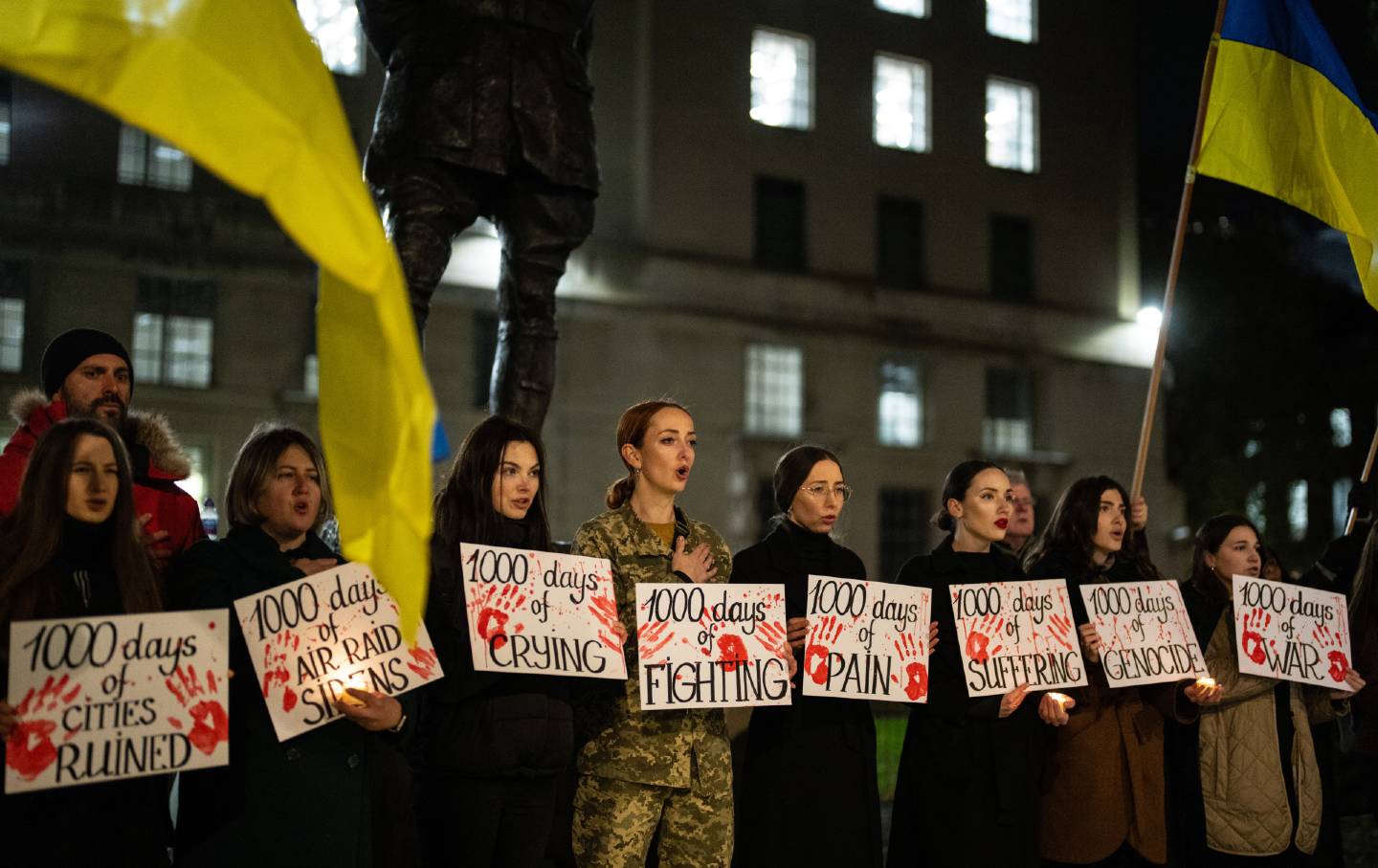
How the War in Ukraine Has Been a Major Contributor to Global Inflation How the War in Ukraine Has Been a Major Contributor to Global Inflation
And it has been a strategic boon to the far right at home and abroad.
Dec 2, 2024 / Branko Marcetic
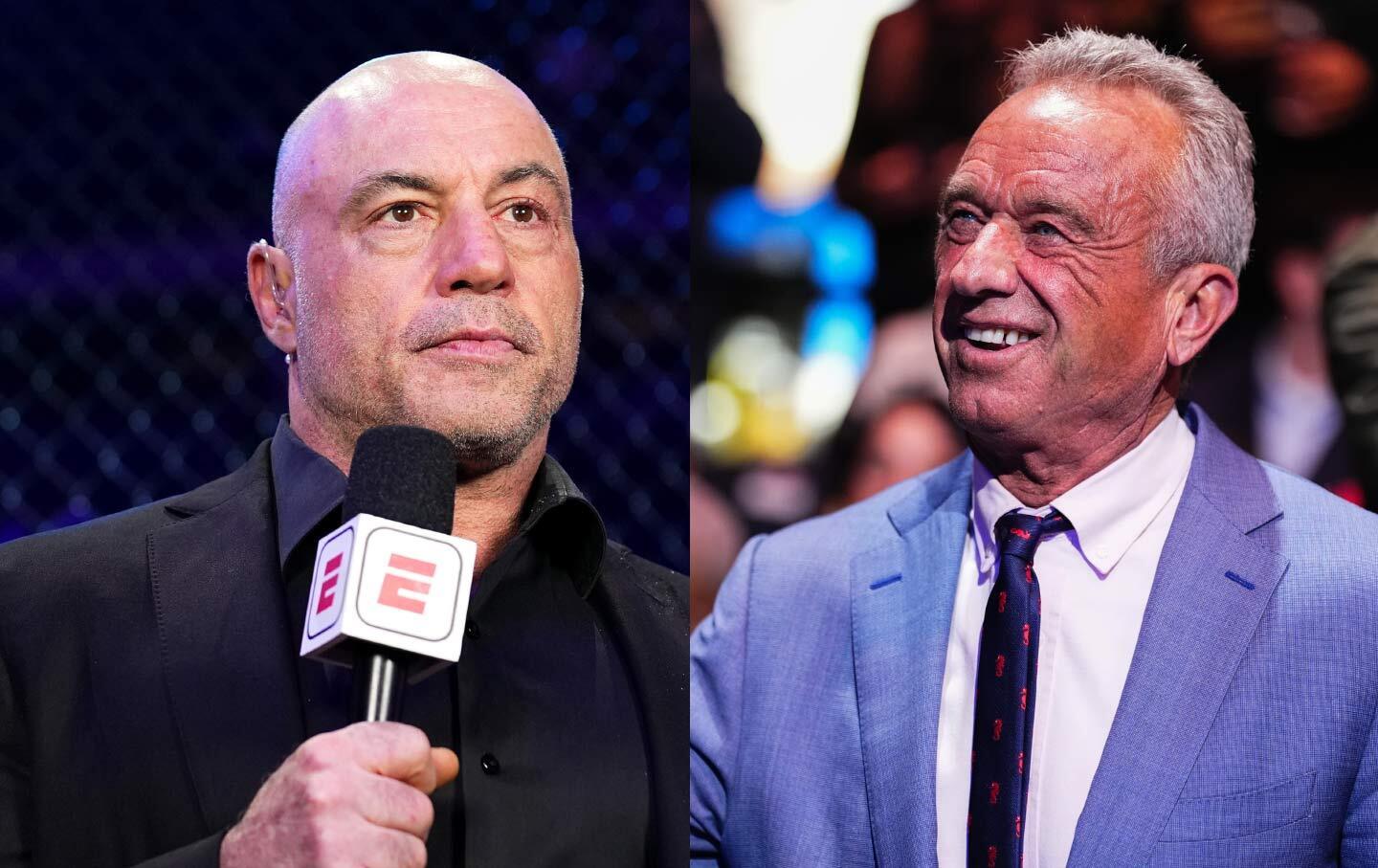
RFK Jr. Is Scary. His Online Fans Might Be Scarier. RFK Jr. Is Scary. His Online Fans Might Be Scarier.
To understand RFK Jr.'s rightward shift, we need to examine the Internet culture that fostered his growth—and which the Harris campaign ignored.
Dec 2, 2024 / Maya Vinokour

The Nonstop Gay Sex Party on the Mexico City Subway The Nonstop Gay Sex Party on the Mexico City Subway
The city’s metro hosts—and authorities unofficially sanction—a queer institution unlike any other.
Dec 2, 2024 / Feature / A.W. Strouse

